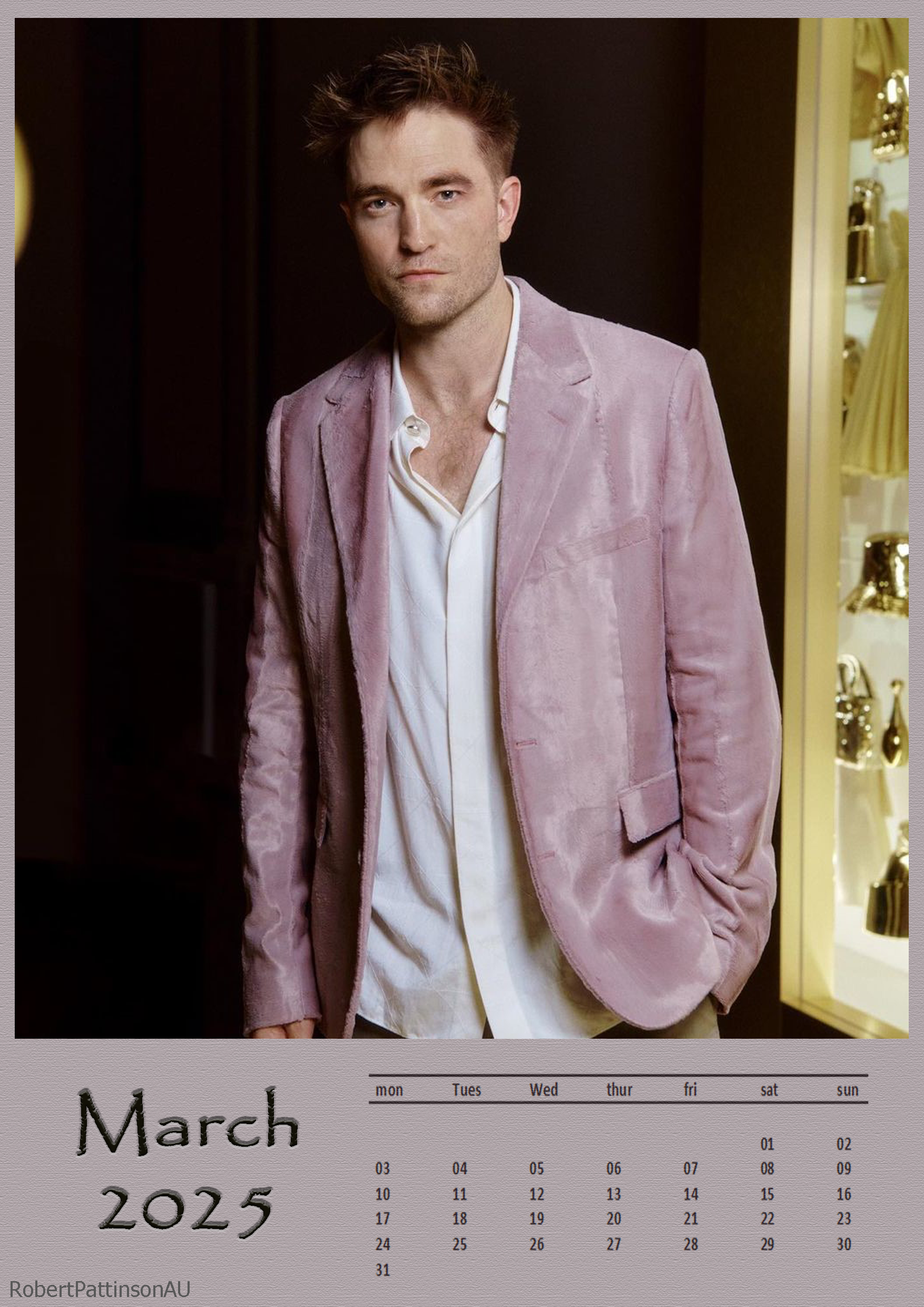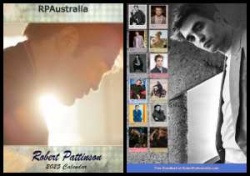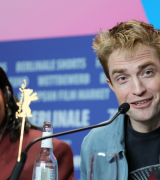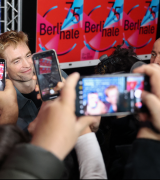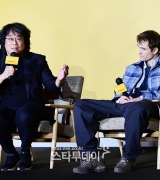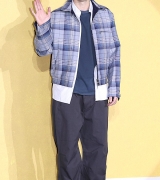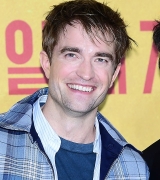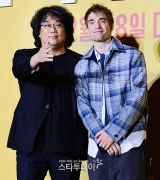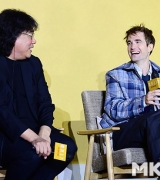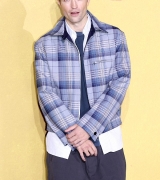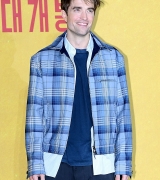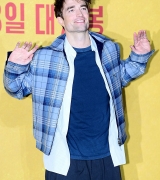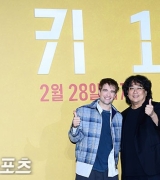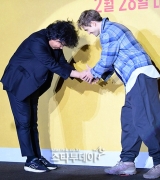
Robert Pattinson talks to Semana Magazine (Colombia)
With the upcoming release of Tenet in Colombia on 3 December 2020, Rob chatted with Semana about his career. This interview seems to have been undertake via a roundtable of journos during the Tenet press junket as most of it seems familiar. Here’s what Rob had to say (translated with Google):
How is working with Christopher Nolan, he has a reputation for being technically savvy, but how is it with the actors?
ROBERT PATTINSON: First, when I read the script for the first time it seemed huge to me and I saw a very impressive and ingenious way of writing… Then on set there are so many parts that coexist and move together, and while that happens he keeps calm all the time. And while that seems to be his strength, those great scenes, we actually spend more time in the interpersonal scenes between a couple or few people. We definitely did more takes of these too, they seemed to excite Christopher more. That surprised me but it was excellent.
In addition, it is very difficult to make presentation and presentation accessible, to find a balance between giving the audience a natural dialogue and, at the same time, a lot of information that possibly requires a PhD to understand. Well, I say it, who can hardly add.
But I emphasize that, in that time that we spent in those scenes, trying to perfect them, and he was very good at finding and exploiting moments and details that could make them more entertaining or, let’s say, keep them from being cold, Chris is excellent when it comes to to find these moments.
Robert, do you remember the first Nolan movie you saw? Was it in movies?
RP: The first Nolan movie I saw, ummmm… I think it has to be Memento , on video. But maybe I saw Batman Begins in the movies before that. I remember well seeing it in New York and then I saw, yes, I saw all his movies at the cinema. I especially remember Inception because I had the worst day of my life afterwards. The only one I didn’t see myself in the movies, and then I saw in the movies, was Dunkirk. I saw it on a plane, and it is without doubt the worst movie to see on a plane. I saw it at the beginning of my flight back to London and felt almost a heart attack for the next five hours of the flight, wondering why did I torture myself this way? It’s a movie that should never be seen on an airplane, for no reason, and I think Chris would probably agree.
That great moment of exposure that explains the worlds of Nolan seems to have fallen on you and your character Neil, did you feel that pressure?
RP: The first time I read the script, I read it on the run. Because there is a way to read it and probably to see the movie … as one of the trailers put it: “You can feel it and you don’t have to really understand it.” After that first time I remember that Chris and Emma asked me: “Did you read it correctly?”, Because the others took about two hours, and I thought “Shit, really?”
Later I realized that it is very dense … And there are so many elements that literally until the last week of filming I asked John David Washington (the protagonist) fundamental questions about my character. And John David would tell me “Wait … don’t you know?” But then, arguing with him seriously, we agreed that it can be seen in many different ways. You can be in a train of thought and all of a sudden the system through which you thought the story was understood just disappears.
In this movie you are always trying to capture the same as the characters. You, as an actor, have the same problems as your character, and then, as part of the audience, you have the same experience as the characters, which is really impressive in this case. Also for example, there are moments where you suddenly realize the simple concepts that Chris plays with within the movie, it is really magical how he unifies so many different pieces at the same time, it is like a kind of incredible clockwork mechanism. And at first glance you have no idea what it is.
In ‘High Life’, Claire Denis puts him in charge of a baby, and commented that it was a heartbreak scene. Did you experience moments of anguish in this project?
RP: Chris has an interesting way of working. There are a lot of parts that work together within a scene, and with another director in that same circumstance there would be too much pressure to have to get it right the first time, and it wouldn’t be fun.
At the time, there are so many stunts that we did a lot of ourselves… John David and I. For example, in one scene they leased an entire highway, like eight kilometers of highway in Estonia, with hundreds of cars, and John David was getting into the car when Chris told us “Well, follow the car with the camera, take it easy, it’s the first take â€and he basically started this stunt sequence. And John David looks at me and says’ Are you some kind of an expert driving or something? Have you practiced this? ‘ And I replied “I have not practiced it! I’m shitting myself! â€. And we were driving and moving between the cars with two high resolution cameras equipped on the hood of the car at 130 kilometers per hour, and I was thinking there “I don’t know if this is normal.” And it was fun, but I couldn’t believe how many times we did stunts, that it would normally be unthinkable for an actor to do so. And there came a point where it’s scary. I was thinking, “” Can’t a stunt double do this? It terrifies me! ” (laughs).
He’s on a roll, with movies like ‘High Life’, ‘The Lighthouse’, ‘Tenet’, and with Batman coming up, is he where he wants to be?
RP: I am very lucky and I am happy. It’s strange, because my flaws have helped me a bit. I mean, repeating myself bores me, and somehow I’m very insecure, because I feel like it’s dangerous to take on heroic roles in terms of my career path. And at some point it will most likely backfire in some way not to want consistency in terms of the roles I want to play.
And it’s not that I didn’t want to make mainstream movies, but somehow, after a while of doing more independent things (‘arthouse’), it seemed so, and it could also backfire. At the end of the day, I still think I am very lucky to be able to work with the directors that I am interested in working with, dedicating myself to doing very specific projects. And when someone like Chris sees it, and sees that what you’re doing, and that it’s consistent with their ethos, here we are.
Batman happened during the filming of ‘Tenet’, did you talk about it with Chris at some point? He directed the Dark Knight trilogy …
RP: Actually, we didn’t talk about it. It was strange, because Chris is very secretive about everything that has to do with his movies, and I had to be very secretive about the Batman thing, so I lied to Chris about having to go do the screen-test . I think I said I had a family emergency or something, and I just said “family emergency” Chris said “Are you auditioning for Batman?” and I was like, “I thought it was a secret!”
We didn’t talk much about it, although on the last day of filming he was talking about how he built the suit and it was a fascinating conversation … At the time, it seemed in bad taste to talk about the next movie you’re going to make while you’re shooting one.
In ‘Lost City of Z’ and ‘The Lighthouse’ he was seen exhausted, fighting, running, even covered in blood and mud … Where would you put ‘Tenet’ in terms of movies where he is exhausted and covered in some kind of substance ?
RP: I was definitely constantly exhausted, there are a lot of scenes that require running, and I was usually with John David who is a former professional football player, so it was very unfair. I, who at most I walk casually, next to John David, who can run all day, they made me finish the film very fit. At first, all that running and working in harsh locations left me unable to walk at the end of the day. The movie did require a lot more exercise than it seemed when I read the script.
You worked with Christopher Nolan and also with Ciro Guerra, is there something that unites these two directors? What can you tell us about your experience in both projects?
RP: You both have a unique quality in terms of creating very real and complete worlds in your movies. They both really have a knack and wit to create real, full worlds in their movies. Taking the example of El Abrazo De La Serpiente , you can see how, with a relatively low budget, Guerra created a world where the viewer can immerse themselves, lose themselves and believe. Measure distances, it is the same feeling that you have when watching Inception. Each element is so specific and believable, so detailed, that they both create a situation that galvanizes your mind in some way and you really believe in and need to know what is happening. It is a special situation where they are not simply handing you a story, you are not just a spectator but a participant in the story and you are trying to solve the mystery that both filmmakers are telling, at the same time as the characters in the film. In part that is what attracts me to the directors that I have worked with and want to work with, they have similarities in the extraordinary talent they have for creating worlds, not just technically experts in the world of cinema.
Photo thanks to @pattinsongifs
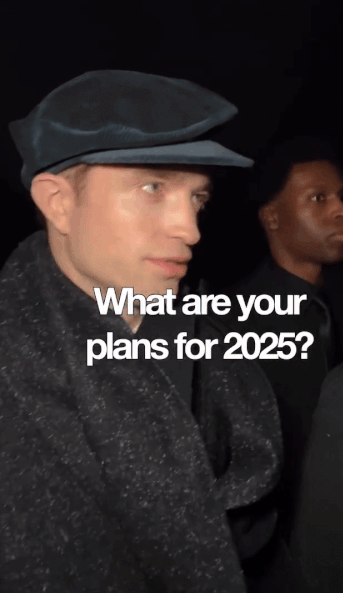




















 Turning the calendar page to March.
#Robert
Turning the calendar page to March.
#Robert


